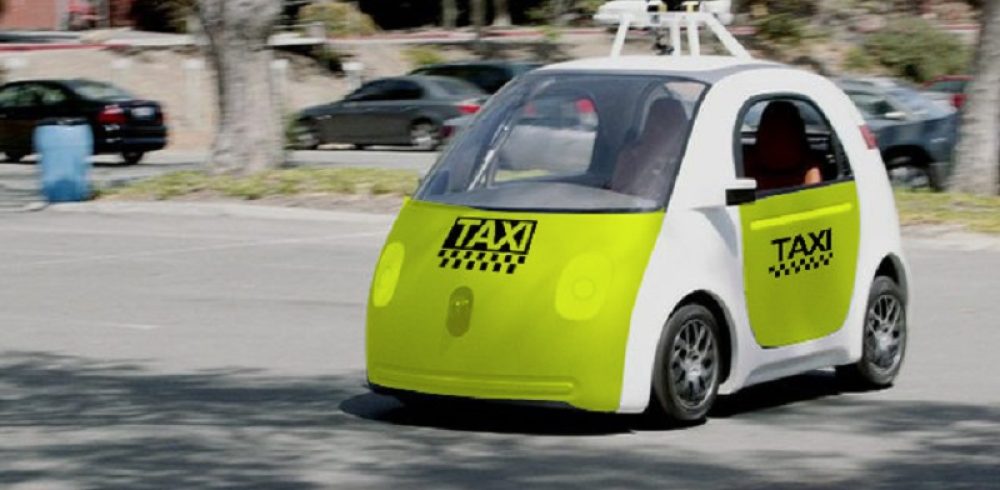Waymo, the autonomous car development company, is said to own up to 60%of the global self-driving taxi market by 2030, meaning that many of the world’s carmakers will have to adopt its technology. A report by investment bank UBS revealed that Waymo will be a global leader and only a select handful of carmakers will be able to operate their own systems.
Many carmakers are now racing to develop self-driving systems to get into the market of driverless car-booking – a new segment that is expected to offset car ownership in the world’s major cities in the coming decades.
The demand for self-driving taxis, as stated in the report, is believed to take off around 2026, depending on public acceptance of the technology in the face of recent crashes, and regulatory approval, although it will develop at different speeds in different markets.
Moreover, the report predicts that the largest revenue pools will be reportedly in operating the car-booking networks and monetising time spent by passengers in the cars, while building the cars and other services, such as mapping or sensors, will be taking a smaller portion of the driverless pie.
However, the costs of building a self-driving system from scratch, as well as the challenges of deploying it in cities across the world, will prohibit all but a handful of carmakers from competing in the most lucrative part of the market, the report has shown.
To make sure it will become a global leader, Waymo managed to notch up more than 5 million miles of physical testing in California, as well as 5 billion miles of virtual testing on its computers, putting it far ahead of rivals. Even though Waymo is not physically building its own cars, it is developing the brain of a driverless vehicle and then installing its system on existing cars. Jaguar, for example, has agreed to sell 20,000 electric cars to Waymo, while it currently uses Chrysler minivans in its fleet.















